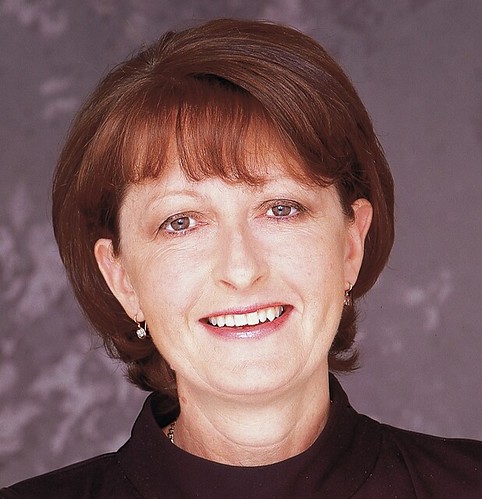To test, or not to test, doctors.

If we're honest, most of us have at some stage of our careers known a doctor we'd prefer our family didn't see. Maybe it was the on-call surgeon on Friday nights in our intern year. Or the ageing neurology professor whose erratic behaviour attracted corridor whispers but strangely no complaints from his tertiary teaching hospital peers. Perhaps it was a general practice colleague who seemed too rushed to apply himself thoroughly to patients' presenting problems, preferring to fob patients off with a reassuring word.
The questions is, both here and internationally, how to make health care safer, and a recent report by the UK Chief Medical Officer, Sir Liam Donaldson, addressed this very question.
Revalidation, relicensure and recertification have become familiar words to UK doctors even predating the Shipman affair, and the CMO's report, although controversial in some repects, significantly advances the debate.
You can hear Sir Liam being grilled by UK doctors here, but the thrust of his argument is that underperforming doctors are inevitable and regular appraisal is needed in some form. Currently, a doctor is not assessed between the time of receiving their specialty qualification and retirement, whereas in the same time frame, an airline pilot would be assessed over 100 times, the report says.
So far, Australian doctors have had to jump hurdles, such as continuing medical education requirements and practice accreditation, but our clinical skills have escaped scrutiny.
I guess none of us enjoys being assessed, but on the other hand, the public surely deserve a guarantee of a safe and careful doctor, and some form of routine appraisal seems inevitable in the long run.
So long as those who don't quite make the grade receive remedial assistance rather than ridicule and blame, it's hard to run the line doctors should be allowed to practice for four or five decades with no checks in place.
Comment here.


0 Comments:
Post a Comment
<< Home